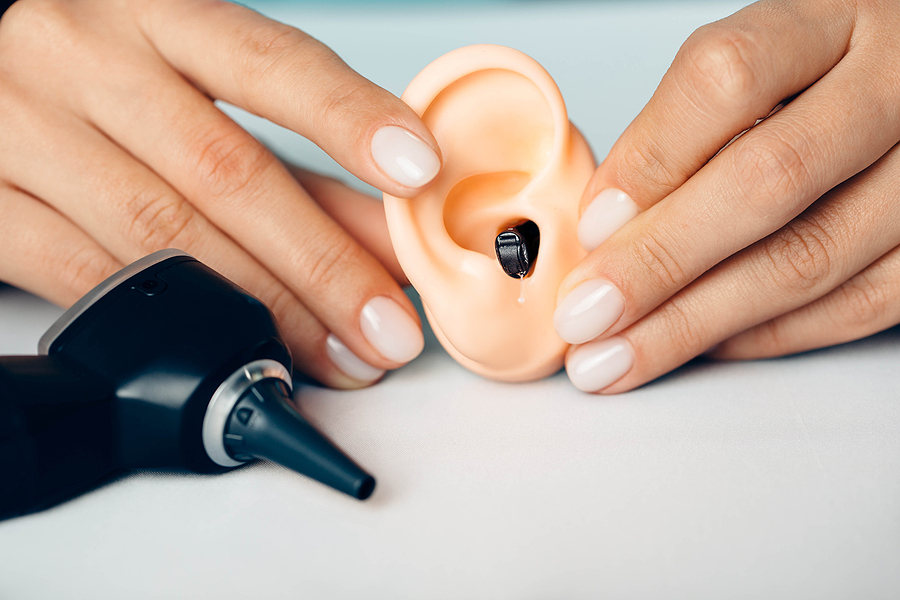How Treating Hearing Loss Improves Mental Health
Return to Blog

How Treating Hearing Loss Improves Mental Health
Living with untreated hearing loss can have profound effects on mental health and overall well-being. Hearing loss is not just a physical condition; it can also significantly impact mental health. Difficulty hearing and communicating can lead to frustration, social withdrawal, and feelings of isolation. Over time, untreated hearing loss can exacerbate existing mental health issues and even contribute to cognitive decline.
Improved Communication and Social Connection
One of the most significant benefits of treating hearing loss is improved communication and social connection. With better hearing, individuals can engage more effectively in conversations, participate in social activities, and maintain meaningful relationships. Enhanced social connections can provide a sense of belonging and support, which are crucial for mental well-being.
Untreated hearing loss often leads to feelings of isolation and loneliness. Difficulty hearing can cause individuals to withdraw from social situations, leading to increased feelings of loneliness and depression. By addressing hearing loss through interventions such as hearing aids or cochlear implants, individuals can regain confidence in their ability to communicate and reconnect with others, reducing feelings of isolation and loneliness.
There is growing evidence suggesting that untreated hearing loss is associated with an increased risk of cognitive decline and dementia. By treating hearing loss early and effectively, individuals may be able to preserve cognitive function and reduce their risk of developing cognitive impairments later in life. Improved hearing can also make it easier to stay mentally engaged and active, which is beneficial for overall brain health.
Enhanced Quality of Life
Treating hearing loss can lead to a significant improvement in overall quality of life. With better hearing, individuals can enjoy a greater sense of independence, confidence, and satisfaction in their daily lives. They may also experience less stress and anxiety related to communication challenges, allowing them to focus more on the things that bring them joy and fulfillment.
If you or a loved one is experiencing hearing loss, it’s crucial to seek professional help from a provider. A hearing health exam can assess the extent of your hearing loss and determine the most appropriate treatment options for your individual needs. Whether it’s hearing aids, cochlear implants, or other interventions, taking steps to address hearing loss can have a profound impact on mental health and overall well-being.
Treating hearing loss is not just about improving one’s ability to hear; it’s also about enhancing mental health and overall quality of life. By addressing hearing loss early and effectively, individuals can enjoy better communication, social connection, cognitive function, and overall well-being.



